A Pirate's Glossary of Terms
A comprehensive glossary of pirate terms and their meanings, historical info, and famous pirates. Arr!
For over 20 years, A Pirate’s Glossary of Terms has been the premiere source for authentic pirate language, history, and lore — a meticulously curated reference with hundreds of entries spanning ship anatomy, famous pirates, flags, weaponry, and more.

Admiral Edward Vernon
Famous Pirates
Admiral of the Black
Namecalling
aft
Anatomy of a Ship
ahoy
Phrases
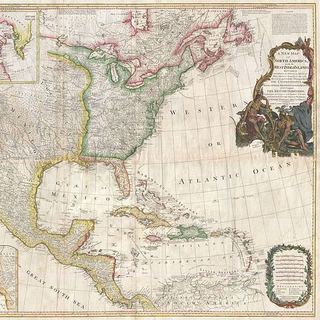
American Main
Places
amidship
Anatomy of a Ship
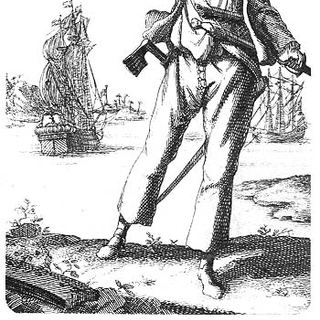
Anne Bonny
Famous Pirates
Arr!
Phrases
Avast!
Phrases
aye
Phrases
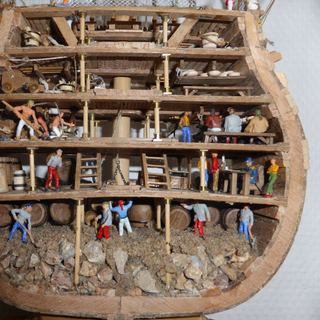
ballast
Anatomy of a Ship

Barbary Coast
Places
barkadeer
Ships
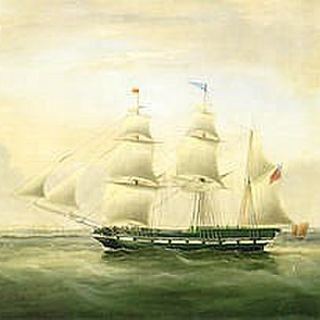
barque
Ships
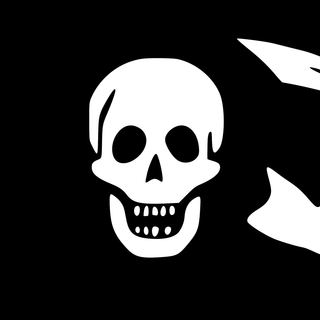
Bartholomew Roberts' Flag
Flags
beam
Anatomy of a Ship
becalmed
Phrases
belay
Phrases
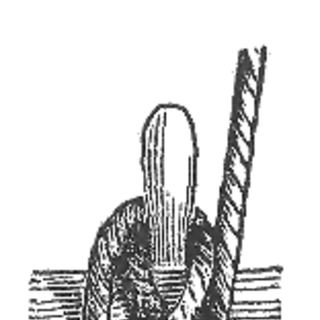
belaying pin
Anatomy of a Ship
bilge
Anatomy of a Ship
bilge rat
Namecalling
bilge water
Anatomy of a Ship
bilged on her anchor
Phrases
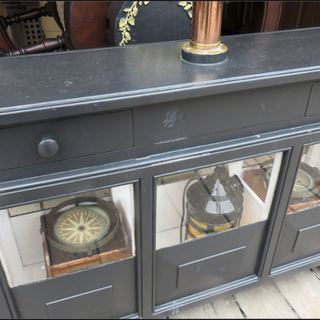
bittacle
Anatomy of a Ship

Black Bart
Famous Pirates
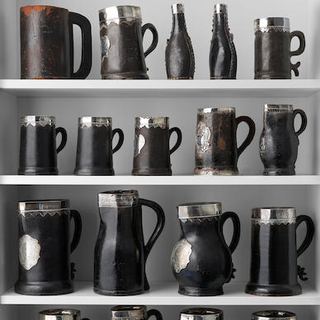
black jack
Merriment & Misery

Black Sam
Famous Pirates
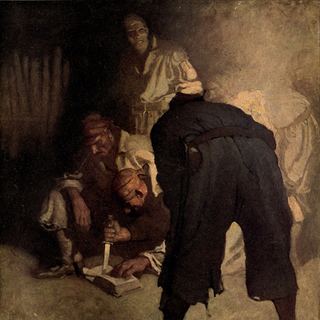
black spot
Phrases
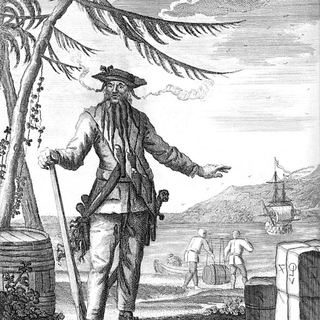
Blackbeard
Famous Pirates
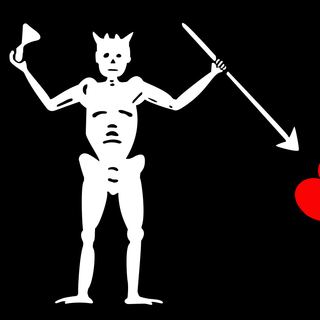
Blackbeard's Attributed Flag
Flags

Blackbeard's Flag
Flags
Blimey!
Phrases

Blood Flag
Flags
blow the man down
Phrases

blunderbuss
Weaponry
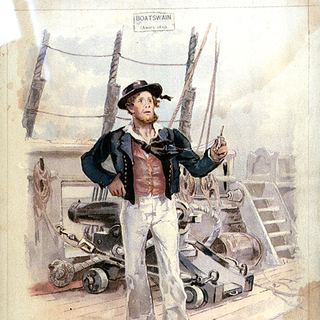
boatswain
Namecalling
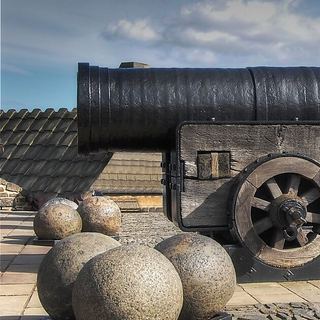
bombard
Merriment & Misery
Bonaventure mizzen
Anatomy of a Ship
boom
Anatomy of a Ship
boom about
Phrases
booty
Financials
bounty
Financials
bow
Anatomy of a Ship
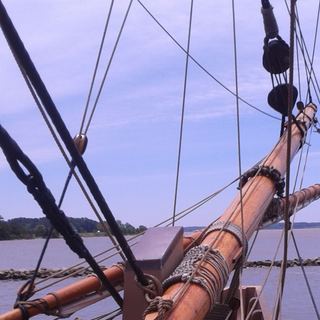
bowsprit
Anatomy of a Ship
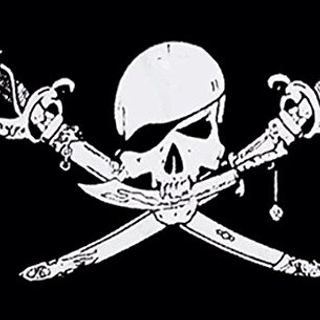
Brethren of the Coast
Namecalling
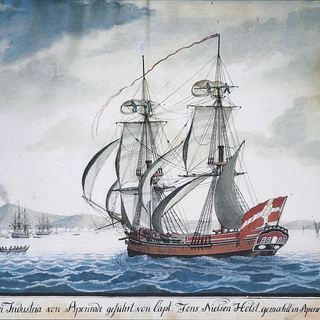
brigantine
Ships
bring a spring upon her cable
Phrases
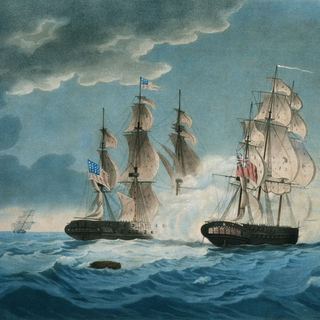
broadside
Measurement
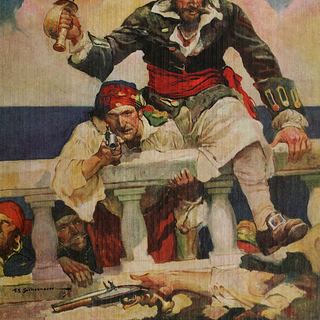
buccaneer
Namecalling
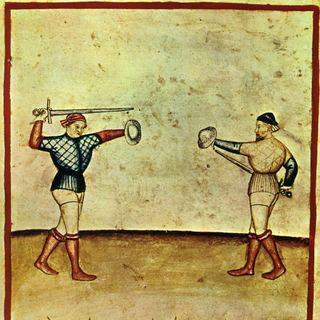
buckler
Weaponry
bucko
Namecalling
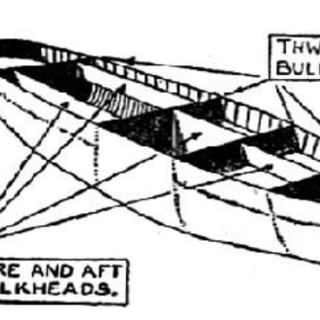
bulkhead
Anatomy of a Ship
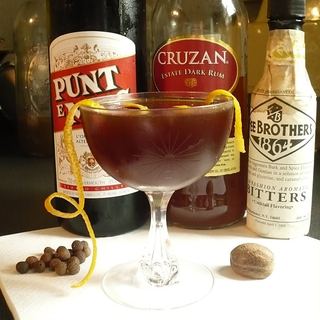
bumbo
Merriment & Misery
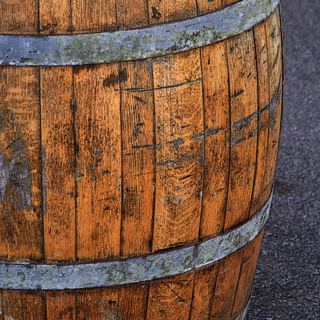
bung hole
Merriment & Misery
cable
Anatomy of a Ship

cackle fruit
Merriment & Misery
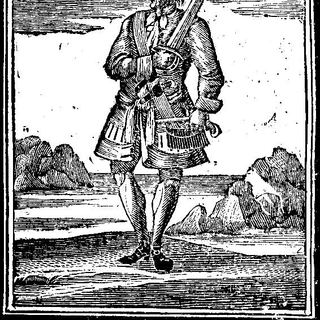
Calico Jack
Famous Pirates
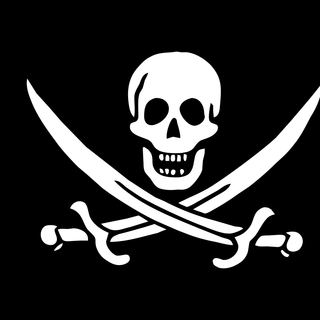
Calico Jack's Flag
Flags

cannon
Weaponry
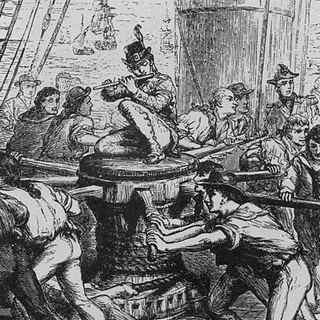
capstan
Anatomy of a Ship

Captain William Kid
Famous Pirates
careen
Phrases
carouser
Namecalling
case shot
Weaponry
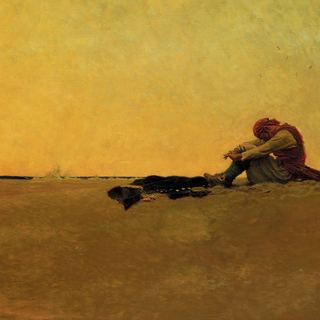
castaway
Namecalling
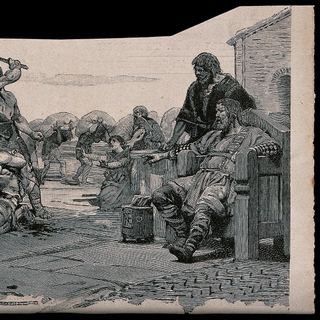
cat o’ nine tails
Merriment & Misery
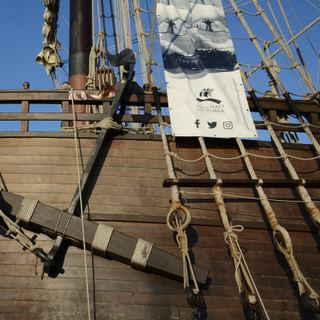
cathead
Anatomy of a Ship
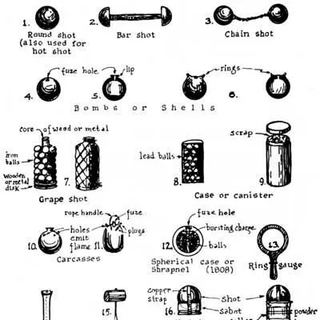
chain shot
Weaponry

chandler
Namecalling
chantey
Merriment & Misery
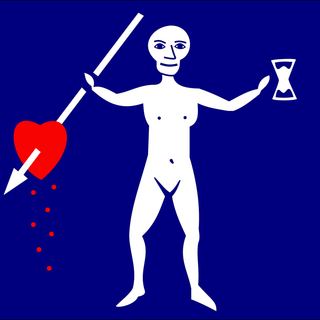
Charles Harris
Famous Pirates

chase
Ships
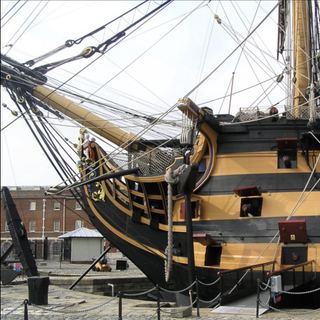
chase guns
Weaponry
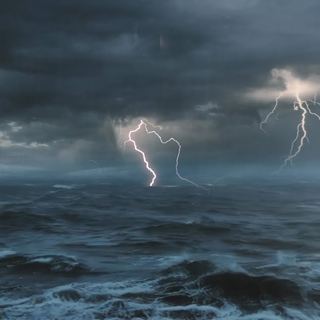
clap of thunder
Merriment & Misery
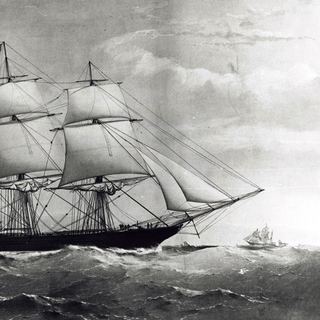
clipper
Ships
code of conduct
Phrases
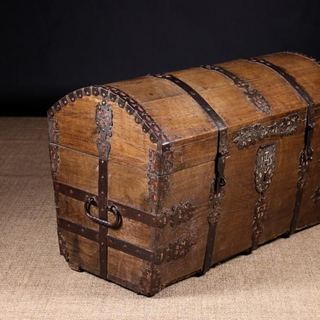
coffer
Financials

cog
Ships
come about
Phrases
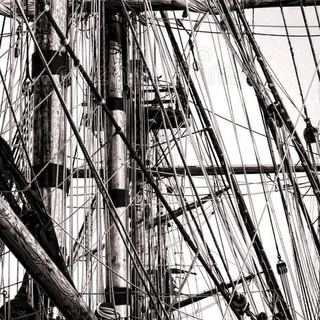
cordage
Anatomy of a Ship
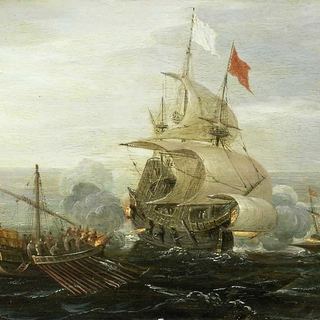
corsair
Namecalling
coxswain
Namecalling
crack Jenny’s tea cup
Merriment & Misery
crimp
Phrases
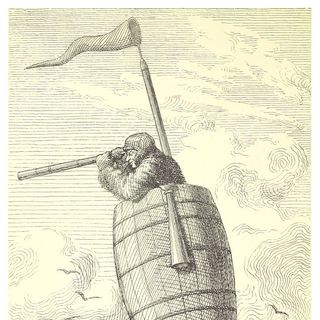
crow’s nest
Anatomy of a Ship
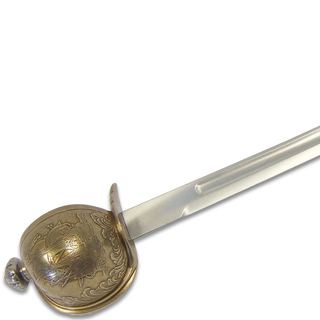
cutlass
Weaponry
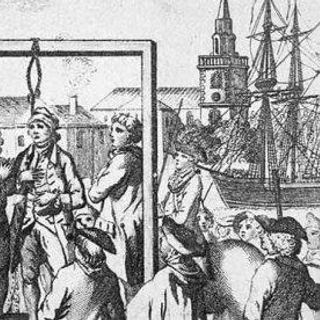
dance the hempen jig
Phrases
Davy Jones’ Locker
Places
dead men tell no tales
Phrases
deadlights
Phrases
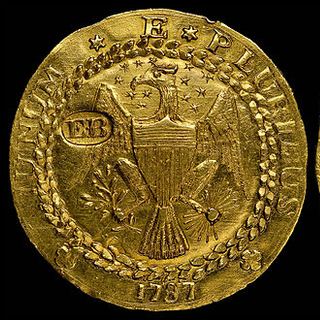
doubloon
Financials
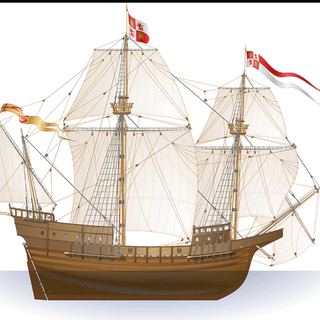
draft
Measurement
draught
Merriment & Misery
driver
Anatomy of a Ship
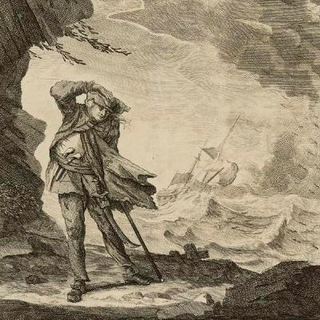
Edward Low
Famous Pirates

Edward Low's Flag
Flags
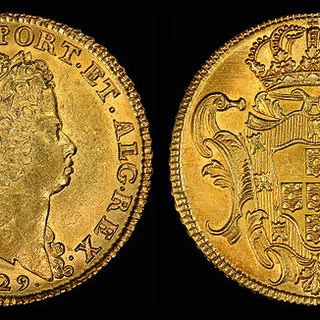
Escudo
Financials
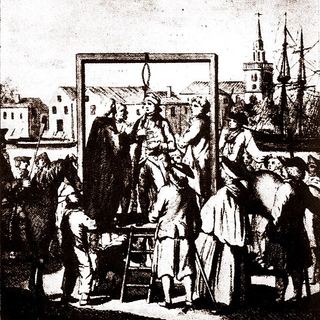
execution dock
Places
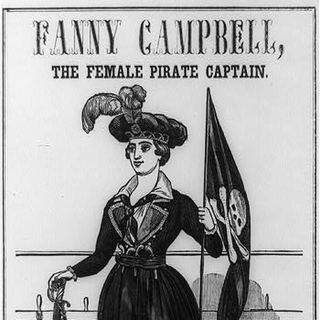
Fanny Campbell
Famous Pirates
fathom
Measurement
fire in the hole
Phrases
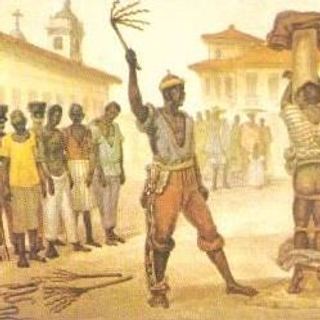
flogging
Merriment & Misery
fo’cs’le
Anatomy of a Ship
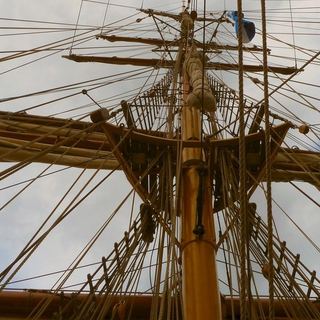
foremast
Anatomy of a Ship
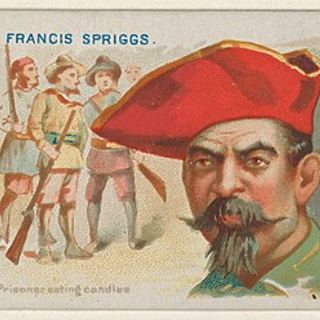
Francis Farrington Spriggs
Famous Pirates
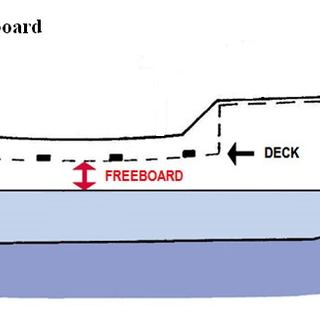
freeboard
Measurement
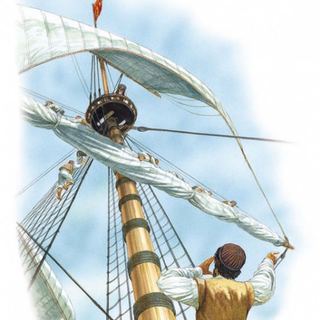
furl
Phrases
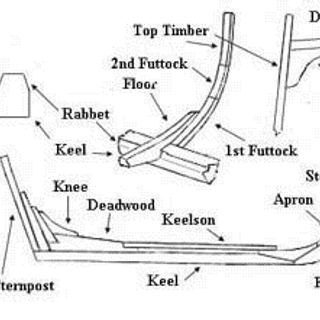
futtock
Anatomy of a Ship
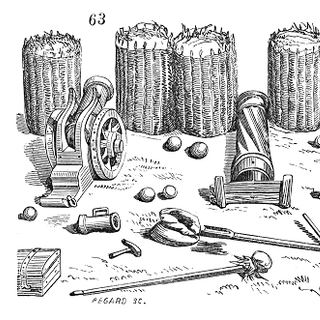
gabion
Weaponry
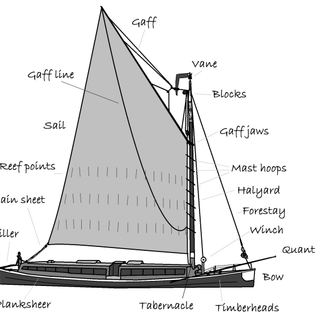
gaff
Anatomy of a Ship
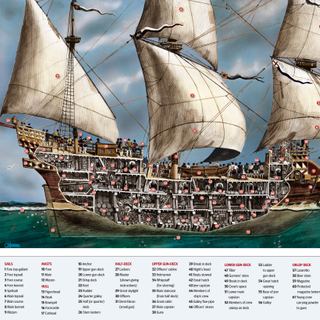
galleon
Ships
gally
Ships
gangplank
Anatomy of a Ship
gangway
Anatomy of a Ship
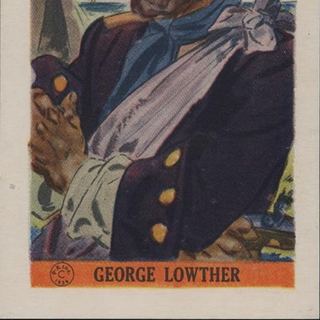
George Lowther
Famous Pirates

gibbit
Places

gill
Measurement
give no quarter
Phrases
go on account
Phrases
Gold Road
Places
Golden Age of Piracy
Phrases

gout
Merriment & Misery
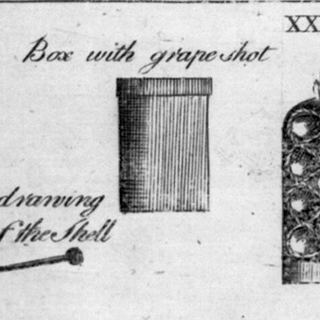
grape shot
Weaponry
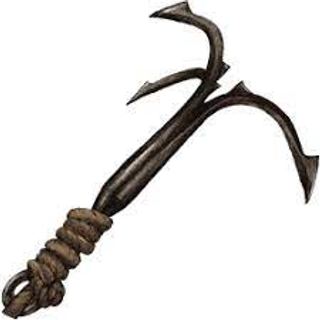
grapple
Weaponry
grog
Merriment & Misery
grog blossom
Merriment & Misery

gun
Weaponry
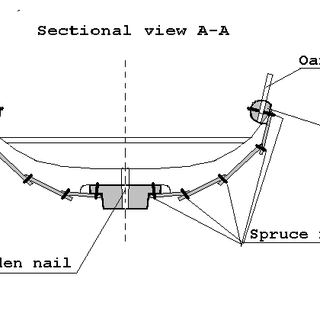
gun wale
Anatomy of a Ship
hail-shot
Weaponry
hands
Namecalling
handsomely
Phrases
hang the jib
Phrases
hardtack
Merriment & Misery
haul wind
Phrases
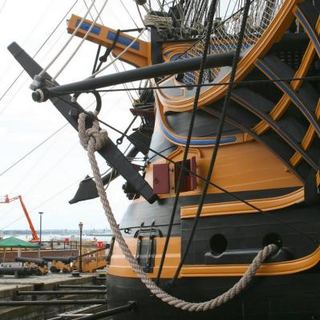
hawsehole
Anatomy of a Ship
hearties
Namecalling
heave
Phrases
heave down
Phrases
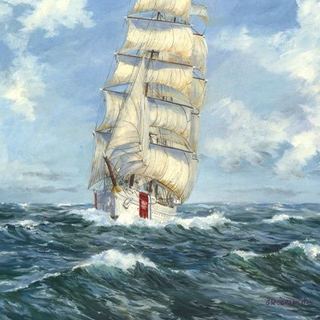
heel
Phrases
helm
Anatomy of a Ship
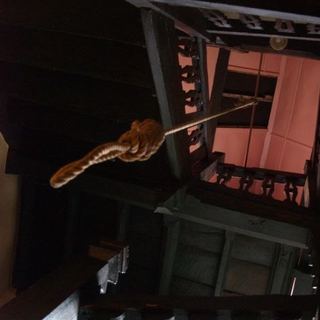
hempen halter
Merriment & Misery
ho
Phrases
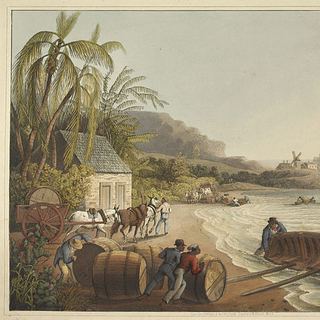
hogshead
Merriment & Misery
hold
Anatomy of a Ship
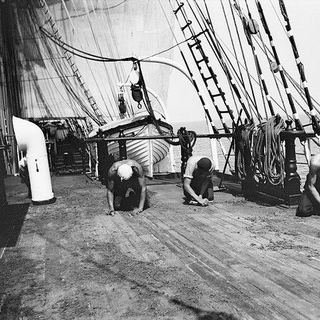
holystone
Anatomy of a Ship
hornswaggle
Phrases

hulk
Ships
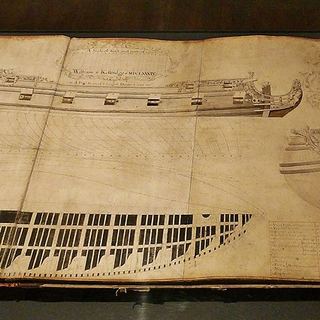
hull
Anatomy of a Ship
interloper
Namecalling

jack
Anatomy of a Ship
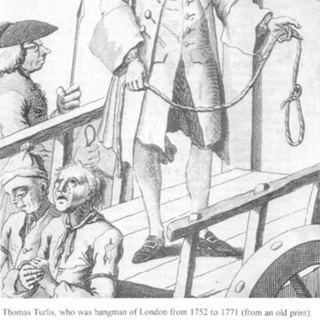
Jack Ketch
Namecalling
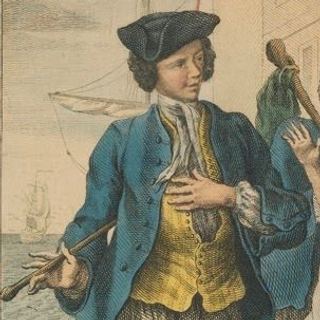
Jack Tar
Namecalling
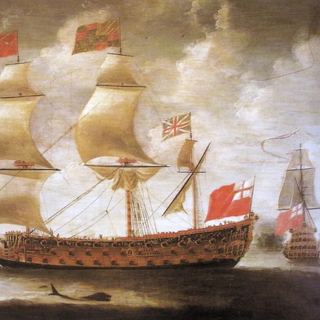
jackstaff
Anatomy of a Ship
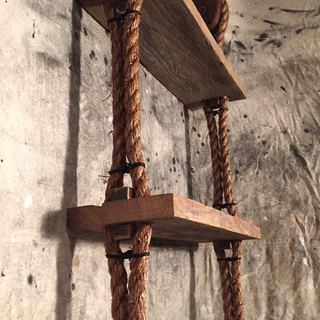
Jacob’s ladder
Anatomy of a Ship
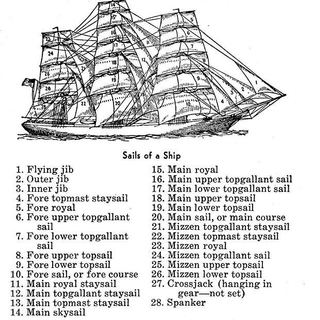
jib
Anatomy of a Ship
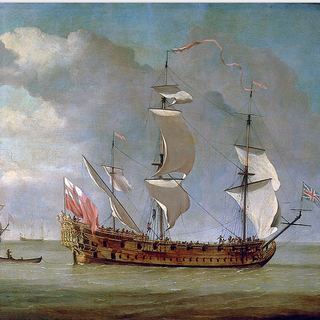
jolly boat
Ships
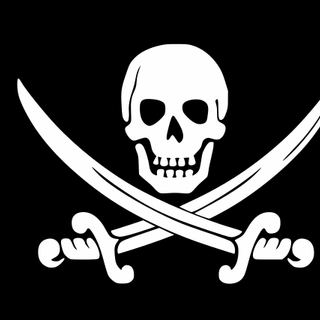
Jolly Roger
Flags
jury rig
Anatomy of a Ship
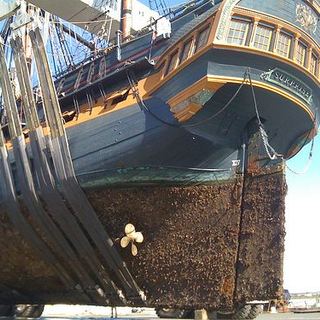
keel
Anatomy of a Ship
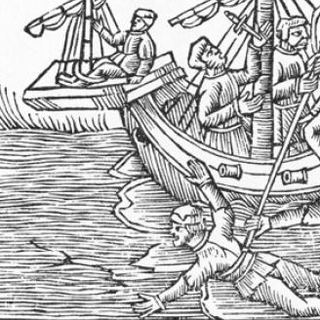
keelhaul
Merriment & Misery
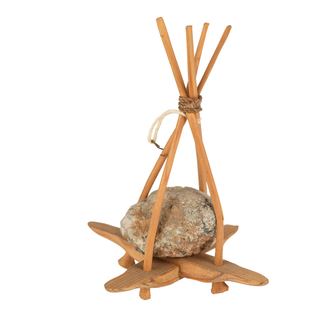
killick
Anatomy of a Ship
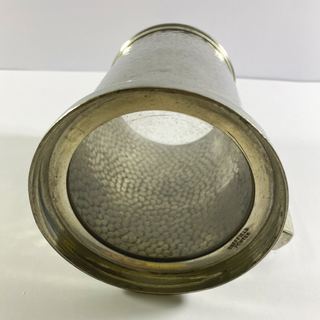
King’s Shilling
Financials
knave
Namecalling
lad
Namecalling
landlubber
Namecalling
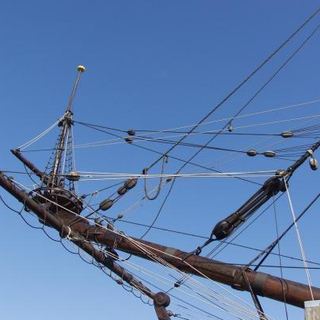
lanyard
Anatomy of a Ship
lass
Namecalling
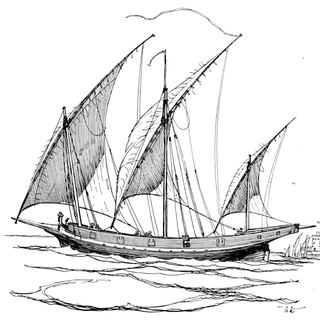
lateen sail
Anatomy of a Ship
league
Measurement
lee
Anatomy of a Ship
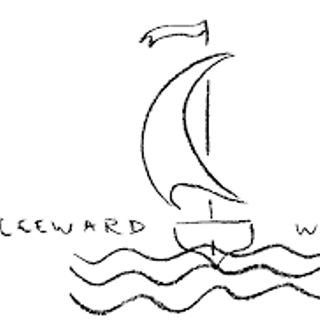
leeward
Measurement
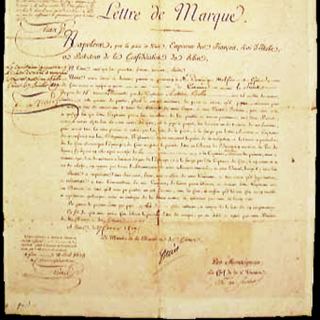
letter of marque
Phrases
line
Anatomy of a Ship

list
Phrases
loaded to the gun wales
Phrases

log
Measurement
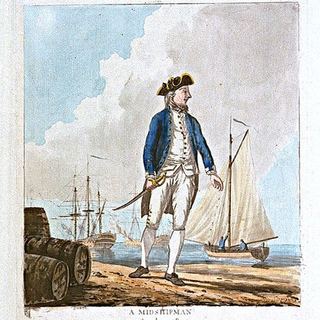
long boat
Ships

long clothes
Phrases
lookout
Namecalling
loot
Financials
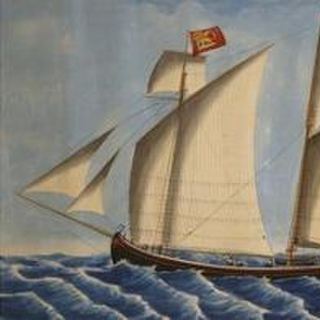
lugger
Ships
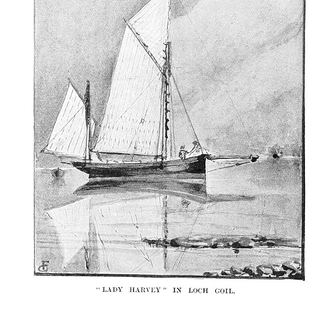
lugsail
Anatomy of a Ship
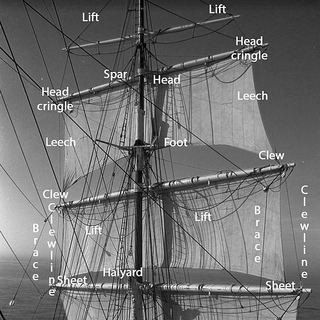
main sheet
Anatomy of a Ship
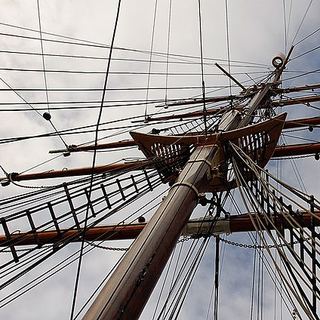
mainmast
Anatomy of a Ship
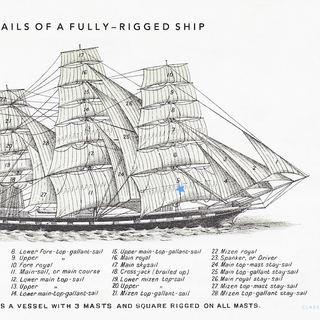
mainsail
Anatomy of a Ship
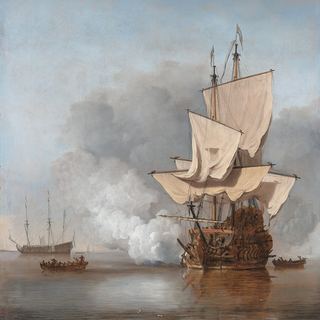
man-of-war
Ships
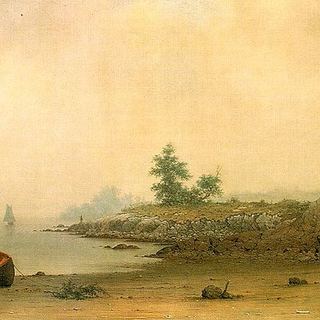
maroon
Phrases
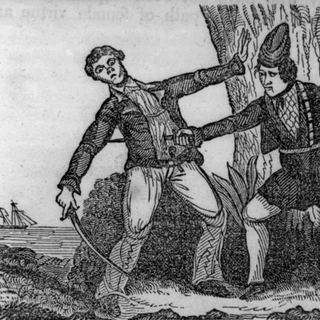
Mary Read
Famous Pirates

mast
Anatomy of a Ship
matey
Namecalling
me
Phrases
measured fer yer chains
Phrases
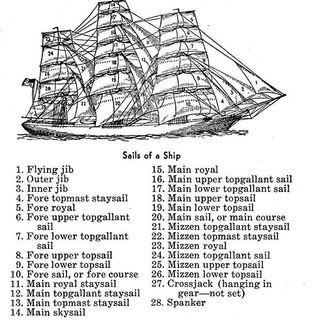
mizzen
Anatomy of a Ship
mizzenmast
Anatomy of a Ship
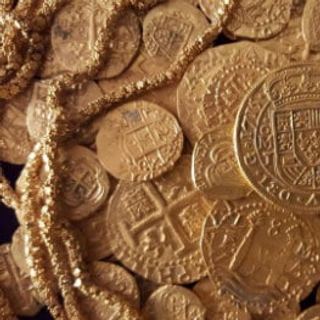
motherlode
Financials
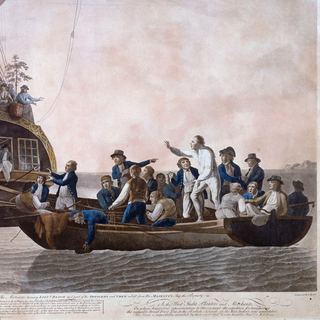
mutiny
Phrases
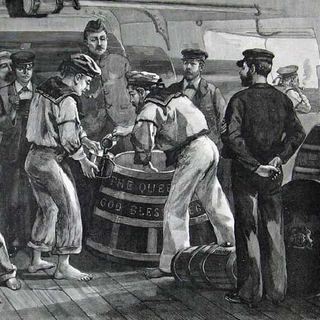
Nelson’s folly
Merriment & Misery
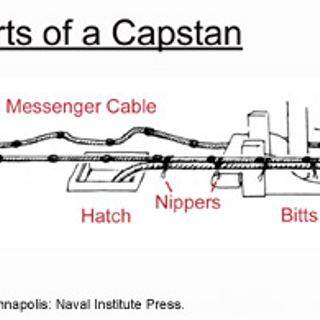
nipper
Anatomy of a Ship
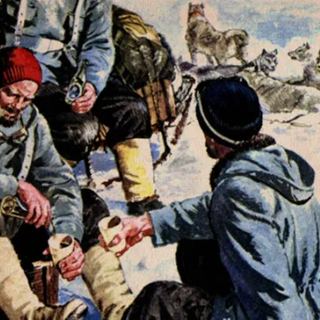
nipperkin
Merriment & Misery
no prey, no pay
Phrases
no quarter
Phrases
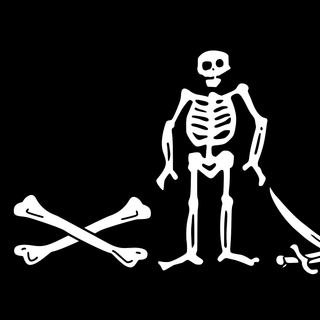
Olivier Levasseur
Famous Pirates

Olivier Levasseur's Flag
Flags
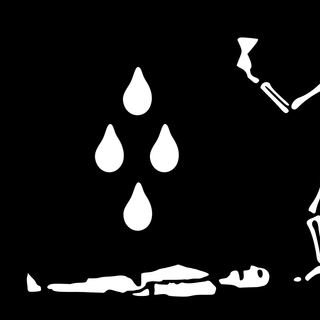
Olivier Levasseur's Flag (variant)
Flags
overhaul
Phrases
parley
Phrases
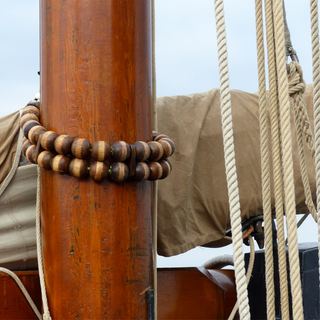
parrel
Anatomy of a Ship

parrot
Merriment & Misery
picaroon
Namecalling
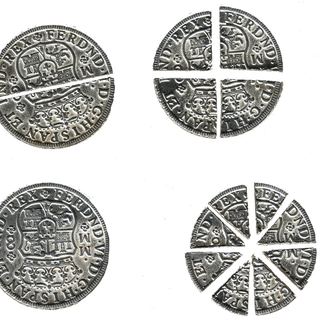
pieces of eight
Financials
pillage
Phrases

pink
Ships
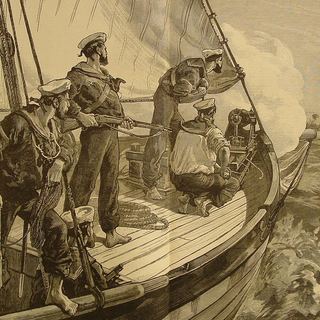
pinnace
Ships
piracy
Phrases

pirate
Namecalling

Pirate Round
Places
Plate Fleet
Ships
plunder
Financials
poop deck
Anatomy of a Ship
port
Anatomy of a Ship
powder chest
Weaponry
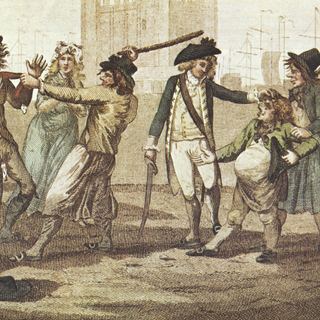
pressgang
Namecalling
privateer
Namecalling
provost
Namecalling
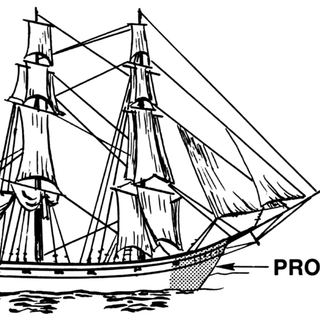
prow
Anatomy of a Ship
quarter
Phrases
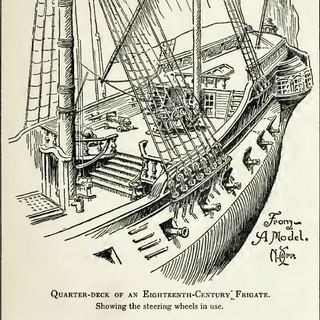
quarterdeck
Anatomy of a Ship
quartermaster
Namecalling
rapscallion
Namecalling

Real
Financials
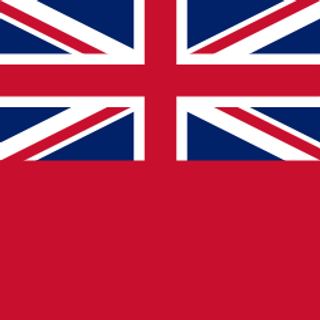
red ensign
Flags

reef
Places
reef sails
Phrases
rigging
Anatomy of a Ship
rope’s end
Phrases
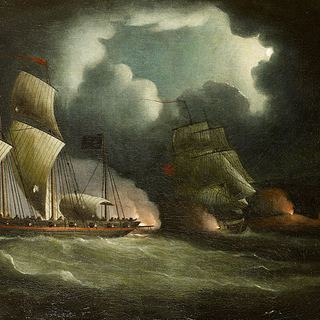
Royal Navy
Namecalling
rudder
Anatomy of a Ship
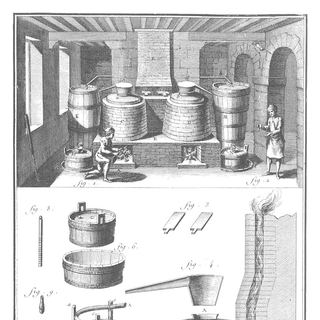
rum
Merriment & Misery
run a rig
Phrases
run a shot across the bow
Phrases
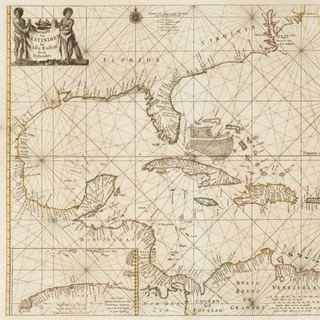
rutters
Phrases
Sail ho!
Phrases
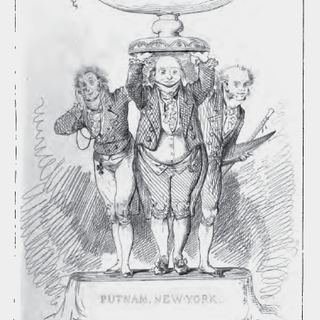
salmagundi
Merriment & Misery

Samuel Bellamy's Flag
Flags

Samuel Bellamy's Flag (variant)
Flags
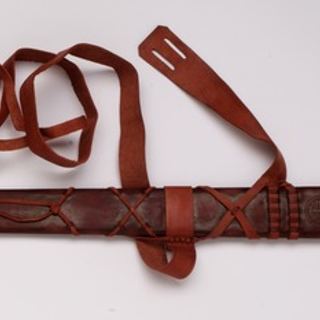
scabbard
Weaponry
scallywag
Namecalling
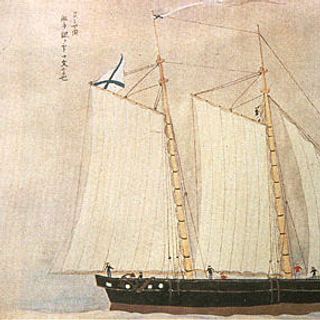
schooner
Ships
scourge of the seven seas
Namecalling
Scupper that!
Phrases
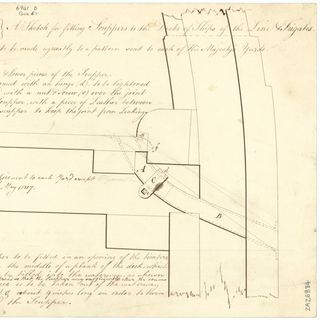
scuppers
Anatomy of a Ship
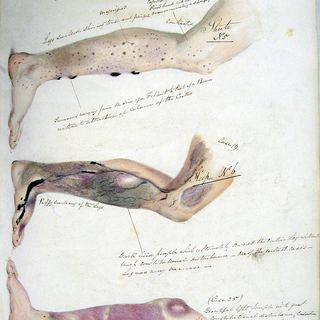
scurvy
Merriment & Misery
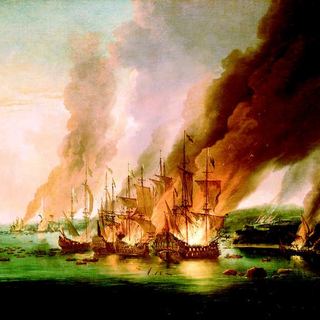
scuttle
Phrases
sea legs
Phrases
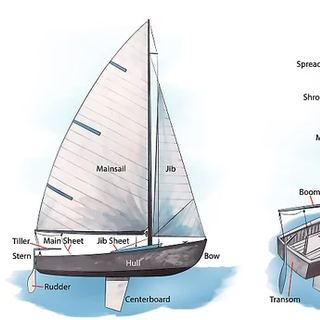
sheet
Anatomy of a Ship
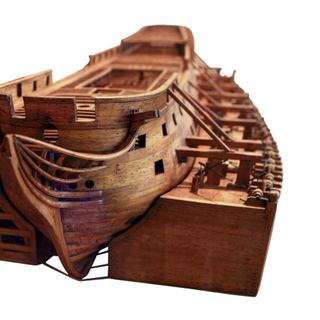
ship camels
Places
Shiver me timbers!
Phrases
Show a leg!
Phrases
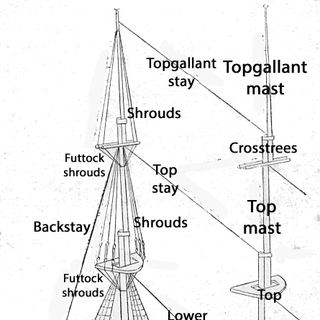
shrouds
Anatomy of a Ship
Sink me!
Phrases
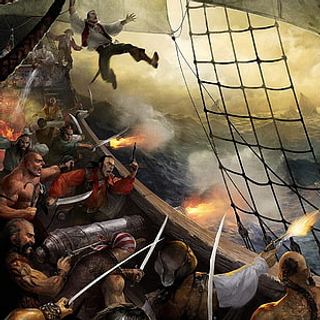
six pounders
Weaponry
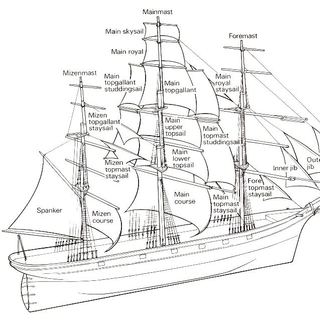
skysail
Anatomy of a Ship
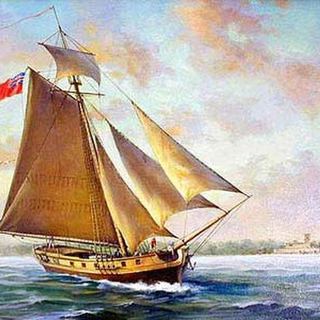
sloop
Ships
smartly
Phrases

snow
Ships

Spanish Main
Places
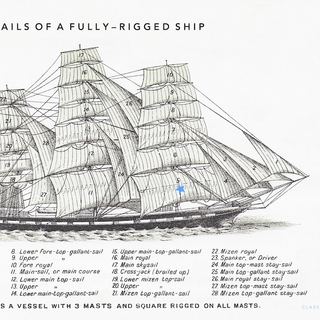
spanker
Anatomy of a Ship
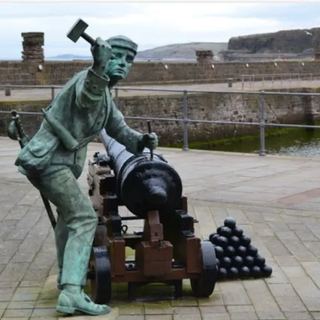
spike the guns
Phrases
spirits
Merriment & Misery
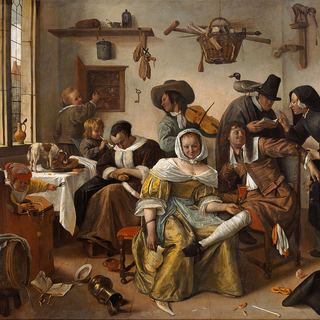
splice the main brace
Phrases
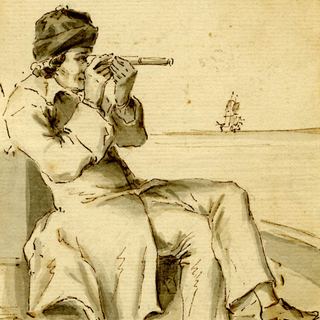
spyglass
Anatomy of a Ship
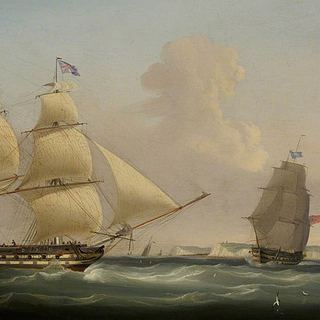
square-rigged
Phrases
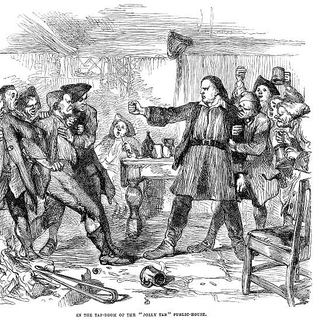
squiffy
Merriment & Misery
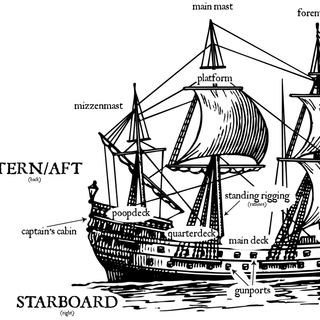
starboard
Anatomy of a Ship
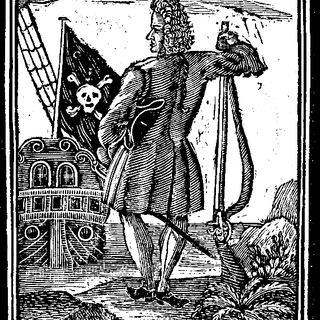
Stede Bonnet
Famous Pirates

Stede Bonnet's Flag
Flags

stern
Anatomy of a Ship
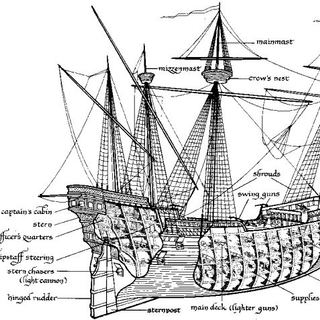
sternpost
Anatomy of a Ship
strike colors
Phrases
strumpet
Namecalling
stuffed to the gunnels
Phrases
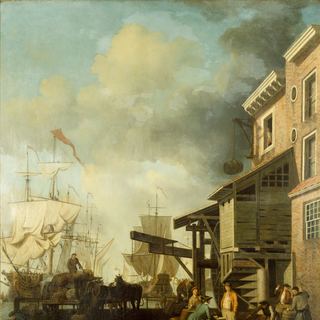
sutler
Namecalling
swab
Phrases
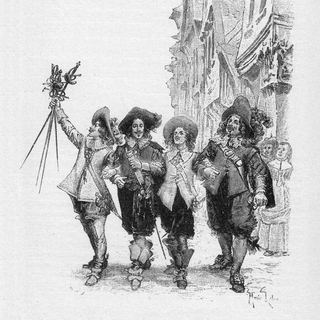
swashbuckler
Namecalling
swing the lead
Phrases
tack
Anatomy of a Ship
tackle
Anatomy of a Ship
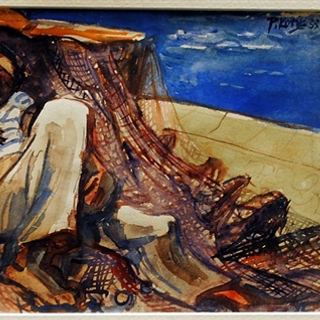
take a caulk
Phrases
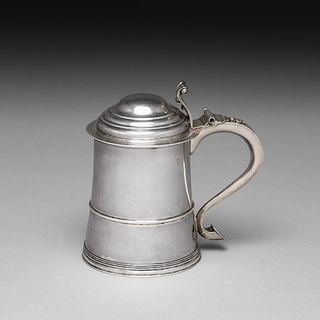
tankard
Merriment & Misery

tender
Ships
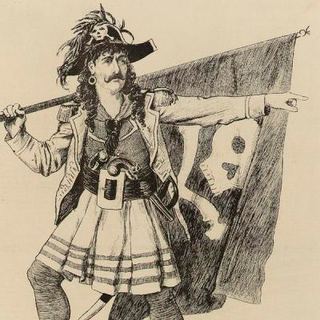
The Pirates of Penzance
Famous Pirates
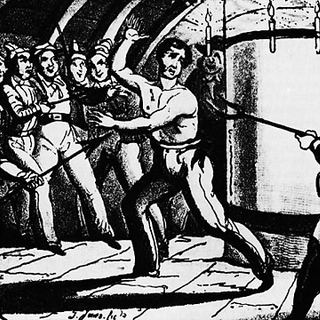
the sweats
Merriment & Misery
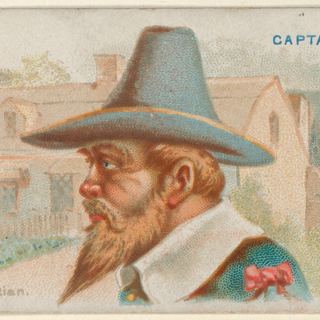
Thomas Tew
Famous Pirates

Thomas Tew's Flag
Flags
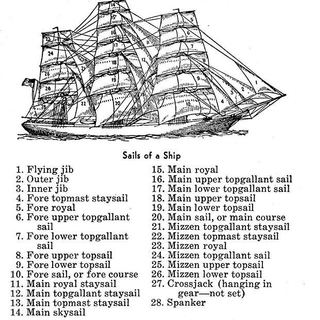
topgallant
Phrases

topmast
Anatomy of a Ship
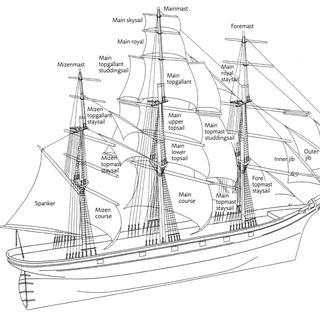
topsail
Anatomy of a Ship
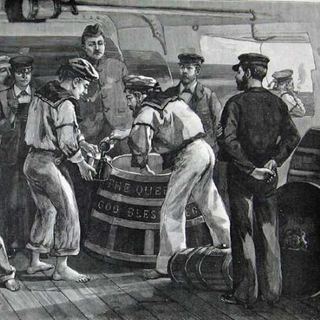
tot
Measurement
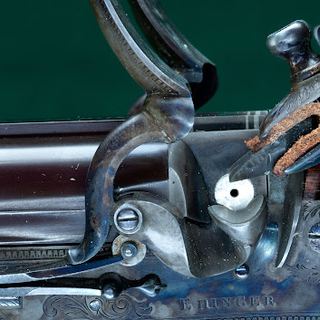
touch hole
Weaponry
transom
Anatomy of a Ship
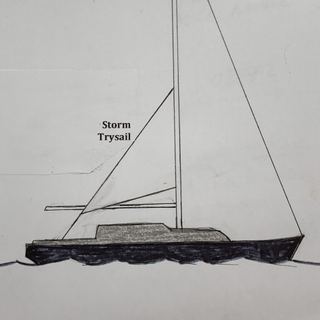
trysail
Anatomy of a Ship

Tyburn Tree
Places
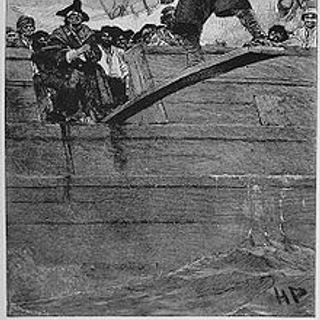
walk the plank
Phrases
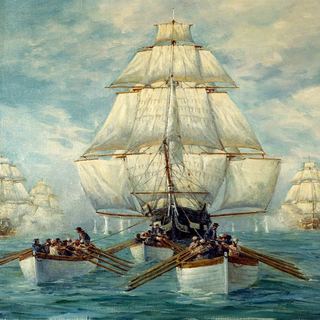
warping
Phrases
weigh anchor
Phrases
wench
Namecalling
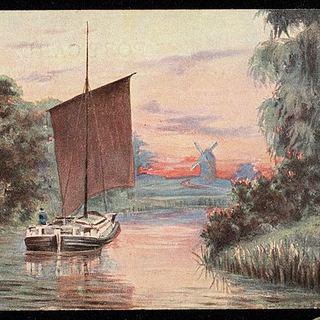
wherry
Ships
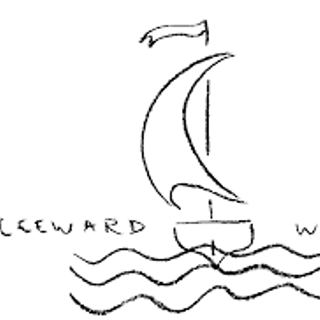
windward
Measurement

yard
Anatomy of a Ship
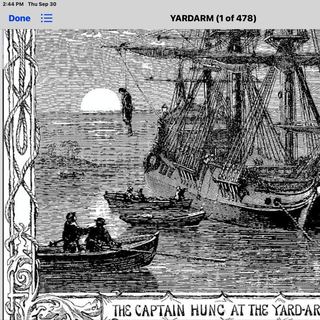
yardarm
Anatomy of a Ship
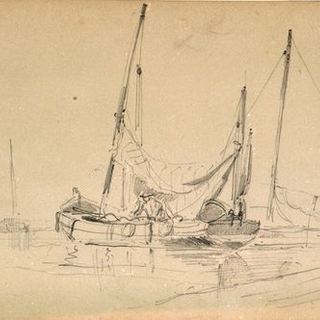
yawl
Ships
ye
Phrases
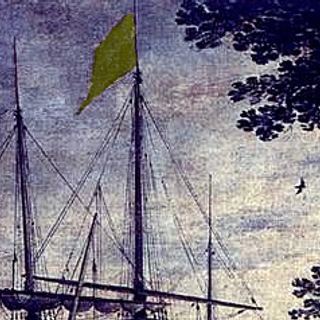
yellow jack
Flags

zecchino
Financials
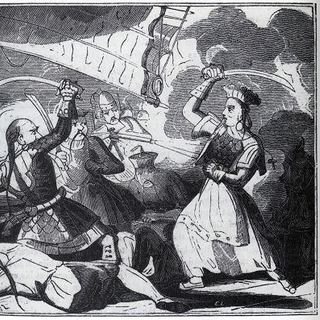
Zheng Yi Sao
Famous Pirates